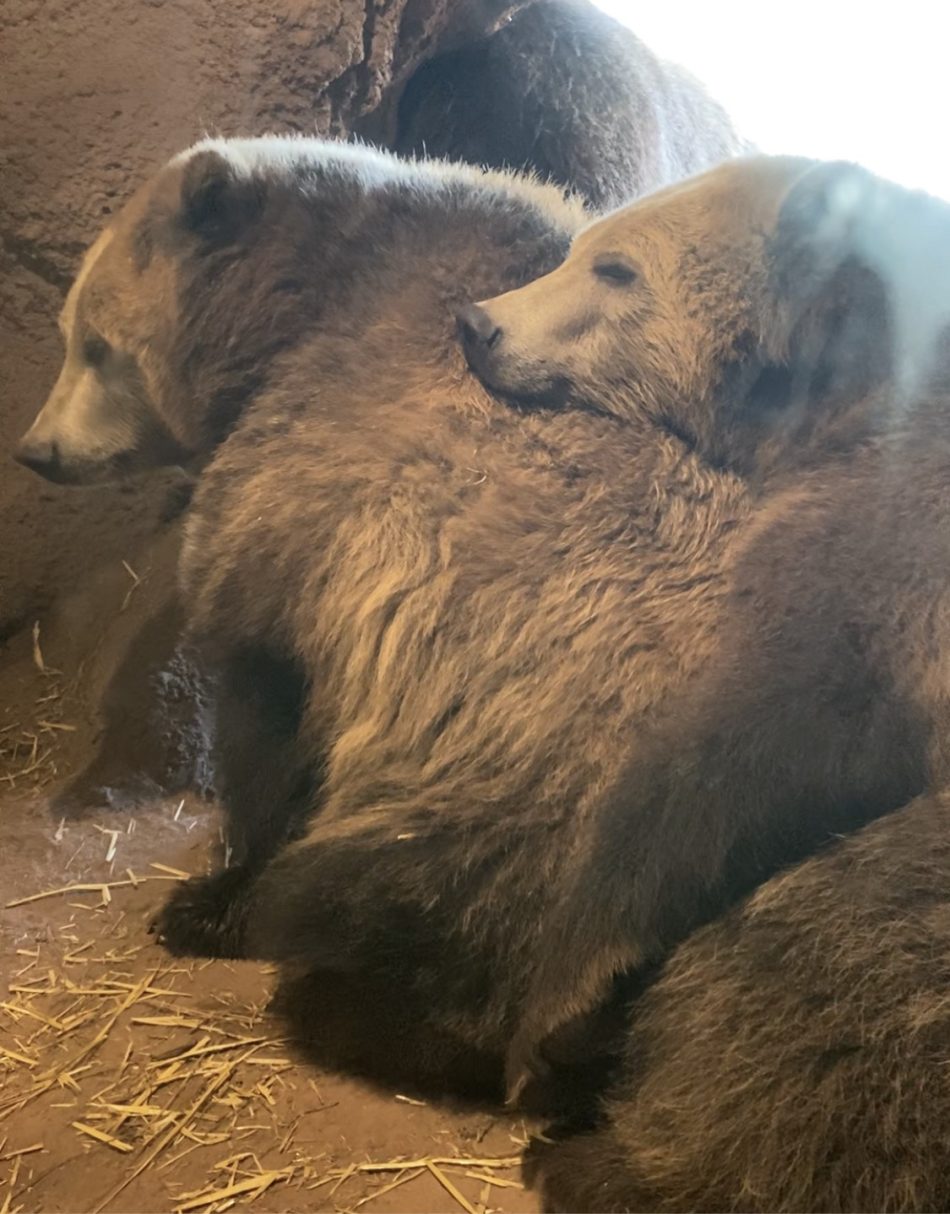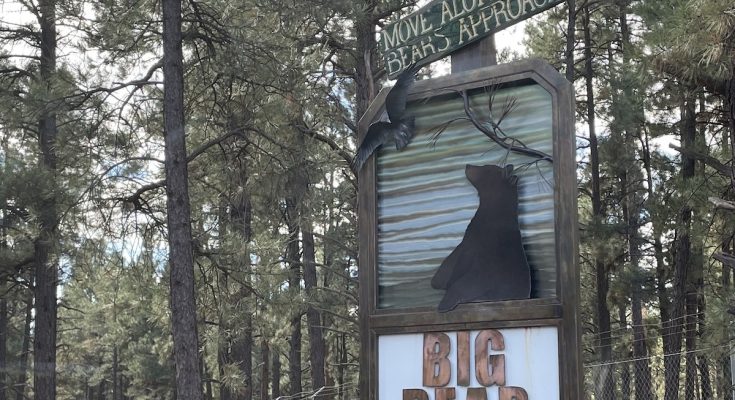As part of the Humphrey program, we read many interesting books. They help to develop new professional skills, give an impetus to action and make you think about life. Now we are reading the book by Daniel Coyle, The Culture Code. I liked the author’s explanations about the interaction of successful groups and the peculiarities of their social ties. Coyle made a list: “close physical proximity, often in circles, profuse amounts of eye contact, physical touch (handshakes, fist bumps, hugs), lots of short, energetic exchanges (no long speeches), high levels of mixing, everyone talks to everyone, few interruptions, lots of questions, intensive, active listening, humor, laughter, small, attentive courtesies (thank-youse, opening doors, etc.).” I especially like the part of “physical touch.” Many years ago, scientists discovered that to feel happy, a person needs 7-8 hugs daily; four hugs daily is the minimum necessary for survival. I noticed this in our Humphrey group; when we started hugging when we met, it was like we got closer to each other as if an invisible wall had collapsed.

While reading the book, I think a lot about the safe circle. My long-term habit of reading local and federal news daily, which was formed when I worked as a journalist and editor-in-chief in Russia, turned out to be quite strong. Continuing to read the news about what is happening in Russia and Ukraine and communicate with my loved ones left in my homeland, I notice how my level of anxiety rises; there is no sense of security. Therefore, it is important for me to create a safe space in Phoenix. These are people who understand me, can listen, and give words of support. We even came up with our special circular hugs called bears hugs because when we did this for the first time, we were in Bearizona, a park where you can see the life of the bears. Standing in this circle of embrace is so cool, and knowing you are loved and supported, you feel part of something more. This is especially important when you are so far from home.
I would like to complete my thoughts with a different story from the book The Culture Code. The author spoke about the failure of the San Antonio Spurs basketball team on June 18, 2013, in Miami in the NBA’s final. Global self-disappointment, emptiness, and despair from defeat are very complex feelings. I liked how coach Popovich behaved when the team failed. It is essential not only to motivate to win but also to find the strength to survive the defeat not by blaming everyone around but by unity and support. Coach Popovich gathered players, staff, and family in a restaurant creating a safe circle for them: “He had the tables moved—he wanted the team together in the center, with coaches close by, surrounded by an outer ring of family.”
The book also says that the coach used food as a link in forming relations with the players. This is my beloved thought. In some cultures, it is still practiced to invite a person to your house and cook your guests’ food. This is a manifestation of love and care. When they love and care about you, a sense of security comes.




